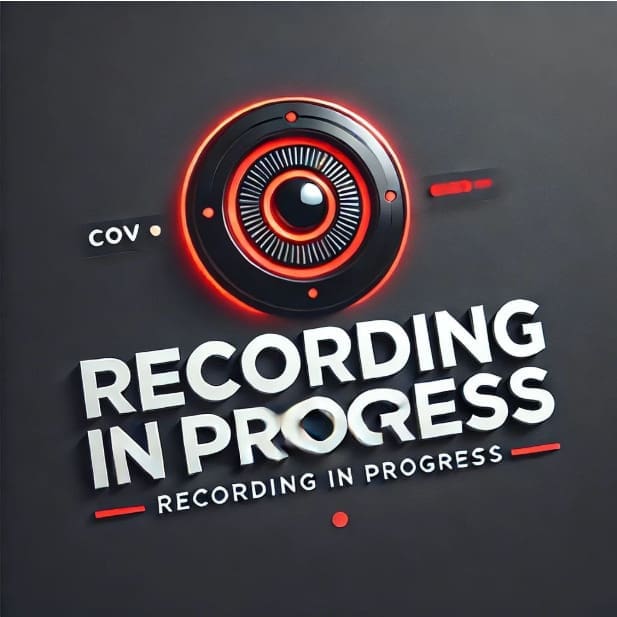The Beating Heart of Every Sale
Salespeople often get caught up in tons of administrative work – like researching contacts and accounts, for example – that they may miss the most important details. The beating heart of every sale is the communication between buyer and seller; what I call the sales narrative. Selling only takes place when you’re communicating, and communication takes place during calls, meetings and emails. Given their value, every salesperson should be making a special effort to capture and document this communication thoughtfully, carefully and completely.
The challenge? There’s so much information buried in the conversation (assuming you’re having productive conversations with the right people), and details that can get missed easily. It’s important to take good, comprehensive notes, review them periodically, question what you’re hearing, and think strategically how to use the flow of incoming information to make the most of each opportunity.
When we don’t, we end up with an incomplete understanding of our deals at best, and that lack of clarity leads to inaccurate forecasting and planning. I’ve sat in on thousands of pipeline reviews and many sound like overly optimistic, murky speculation at best:
Sales Manager: Tell me about the XYZ opportunity.
Salesperson: It’s going great. The buyer and I are tight, and I think it’s going to close next month.
Sales Manager: Can you tell me more about why you’re confident the deal’s going to close? What signals are you hearing and seeing? Why are they buying?
Salesperson: I just know. I’ve been talking to the operations manager for months, and he’s all in. He just needs to get some approvals from some other people in the organization.
Sound familiar? The salesperson in question has shallow, circumstantial knowledge about their deal, and they’re relying on memory, the perception of a relationship with a single stakeholder, and the most recent conversations they’ve had in order to estimate the likelihood of the deal closing. Meanwhile, his sales manager has little evidence that the sale is on track aside from his salesperson’s assurances.
How does this happen and what can you do to prevent it? If the beating heart of every sale is the nuanced and detail-rich communication between the buyer and seller, we need to make the effort to capture this information in a more systematic way.
As a sales leader, I’ve never cared which approach a salesperson takes as long as they have a well-thought out approach. To me, the basics should rule: take notes during the call or meeting, record the conversation (as long as you’re complying with applicable laws), dictate the notes on your cell phone right after your discussion. Copy important email messages to the client file and highlight the elements that will help you follow up, take action, and shape future conversations toward a successful close. In short, develop a thorough sales narrative that will always help you understand where you sit, what needs to be done, and how you can win.
It’s up to each of us as sales professionals to capture the sales narrative thoughtfully, carefully and fully – it’s the beating heart of your next sale.
How do you do this today? Do you find it to be a challenge or a chore? Have you figured out a tried-and-true system that works for you? I’d like to hear your thoughts on this topic.
Keep Learning

Empowering Field Reps with Recording Technology: Driving Efficiency in the Mobile Office

Kicking off 2025: TRAQ Wraps Up 2024 With Prestigious Recognitions from Gartner Digital Markets in 2024

